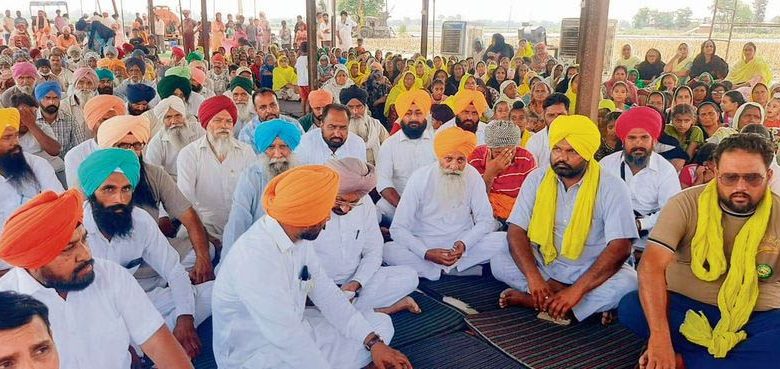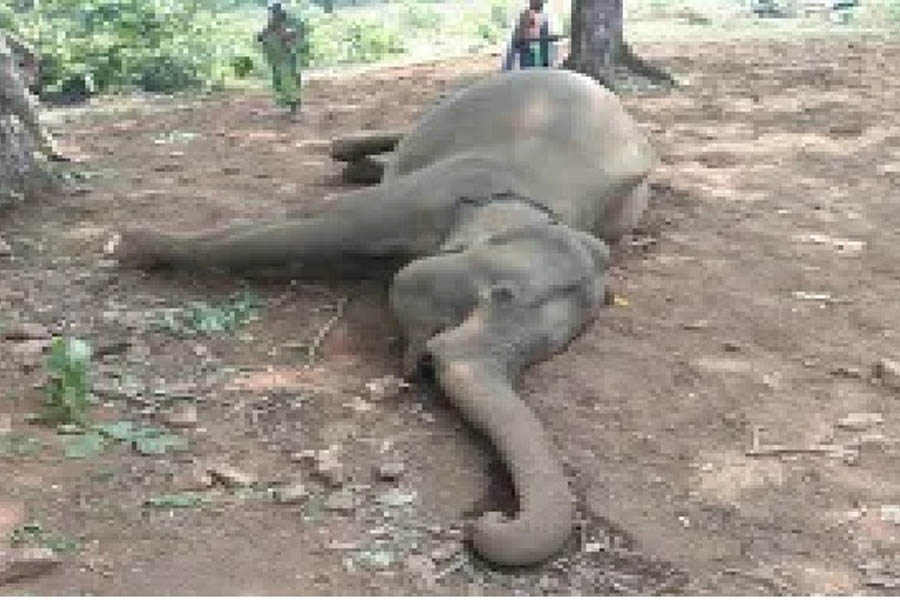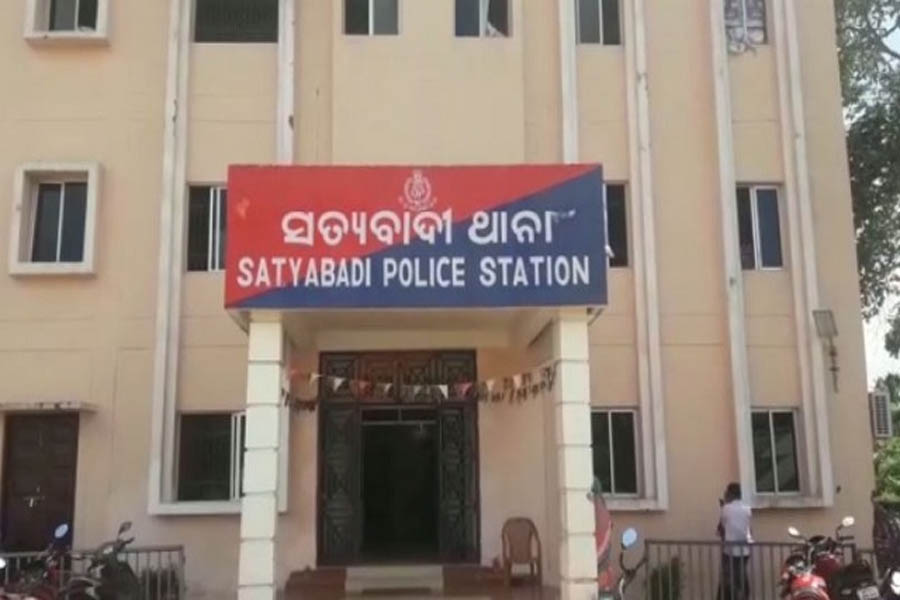Punjab: Biogas plant plan to prevent losses due to stubble burning faces hurdle

Punjab: With highly mechanised farming bad for the financial health of farmers, the Government of India, which had initially launched a scheme to promote agricultural mechanisation for in-situ management of crop residues, has also started considering ex-situ management of paddy straw. This year, an ambitious plan has been made to utilise over 30 per cent of the 19.52 million tonnes of paddy straw. While 5.42 million tonnes of paddy straw is expected to be used in biomass power plants, bio-ethanol plants, thermal power plants and brick-kilns, the use of 0.54 million tonnes of straw for biogas production is likely to be halted due to a deadlock between the public and compressed biogas plant owners supported by some farmer unions.
The protests are being held on the assumption that the chemicals released during the manufacture of biogas are carcinogenic. However, there is no scientific study to prove this. Apart from protests outside biogas plants in Jalandhar and Hoshiarpur districts, people have also protested outside four plants in Ludhiana, one of which, Ghunghrali Rajputan, had to be shut down. Scientific management of paddy stubble, which is harmful to people’s health, is a must. Last year, Ludhiana witnessed 1,801 farm fires, with the average air quality index (AQI) recorded at 306 till November 4.
The state government has planned to set up 39 CBG plants this year, involving an investment of Rs 1,000 crore. If these were operational before the paddy harvesting season, it would have boosted renewable energy generation and curbed the evils of stubble burning in the state. Of these, four plants were to be set up at Ghunghrali Rajputan, Akhada, Bhundri and Mushkabad in Ludhiana district. While the first plant has been shut down due to the use of press mud as raw material, causing widespread foul smell, protests have been held outside other plants as well. Minister for New and Renewable Energy Sources Aman Arora said these plants will produce 79 tonnes of CBG per day and will become a source of additional income for farmers.
“Talks are underway to resolve the issue and satisfy those protesting against these plants,” he said. Sobhan Sahu, managing director of Farm Gas Private Limited, whose plant was operational at Ghungrali Rajputan village, said his plant had been operational for two years and suddenly the villagers started resisting after protests started at various places. “In the first year, we used 14,000 tonnes of straw and last year 33,000 tonnes of straw was used. Our target was to buy 40,000-50,000 tonnes of straw per year, but the plant was shut down due to protests. The plant paid Rs 1,650 per tonne for straw. This amount was given to the baler/aggregator who collected the straw from the farmers,” Sahu said. He said no scientific study was carried out to support the claims being made by the opposition party and no chemical process was carried out and no chemical was produced that could prove to be a threat to the environment and health.
Hardeep Singh of Ghungrali Rajputan village said that on May 5 this year, when the stench became unbearable and many residents started suffering from persistent nausea, diseases caused by house flies and mud coming out in the fields, he got the plant shut down. Balwinder Singh Aulakh, who is leading these protests, said its ill-effects on human health will not be visible immediately, but problems will arise in a decade or so, when the soil gets polluted. Though studies on the alleged ill-effects on human health are yet to begin, the immediate outcome of these protests is that industrial investors are discouraged from setting up projects in the state. The Gas Authority of India Limited (GAIL) had planned to set up 10 CBG projects to produce 35,000 tonnes of biogas and 8,700 tonnes of organic manure in the state with an investment of about Rs 600 crore, which has been put on hold as previous projects have not taken off.





